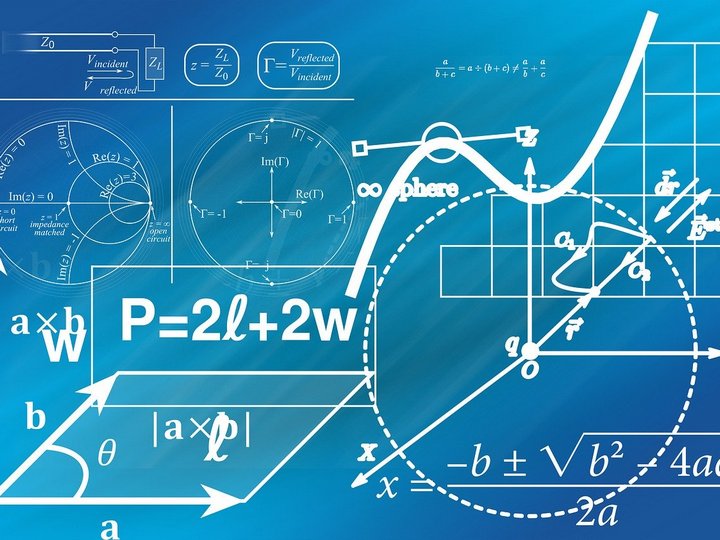Two Reasons Personality Tests Like Myers-Briggs Could Be Harmful | Psychology Today https://t.co/6NM0TRvQOL
— Better Blokes (@BetterBlokesNZ) April 9, 2020
Although interesting and perhaps even entertaining, these “type-based” tests are unscientific, do not validly nor reliably measure “personality,” and could plausibly lead people to become inflexible learners with a fixed mindset.
The term “reliability” in psychological research refers to the consistency of a research study or measuring test. For instance, if a person weighs themselves throughout the course of a day, they would expect to see a similar reading. Scales that measured weight differently each time would be of little use. And that’s the very challenge with most personality measures, particularly type-based tests like Myers-Briggs, Enneagram, and others that overly categorize people. They aren’t very valid, for one, but they are also highly unreliable.
Personality tests like Myers-Briggs give people labels. Those labels are often taken at face value and used as a fundamental aspect of a person’s identity. “I am a [fill in the blank].”
Labels create tunnel vision, or “selective attention.” Assuming a label can lead you to be “mindless,” stopping you from seeing all of the times the label isn’t true. As Harvard psychologist and mindfulness expert Dr. Ellen Langer has said, “If something is presented as an accepted truth, alternative ways of thinking do not even come up for consideration. … When people are depressed they tend to believe they are depressed all the time. Mindful attention to variability shows this is not the case.”

